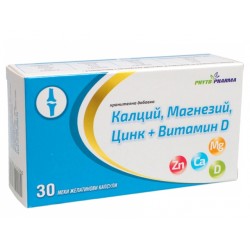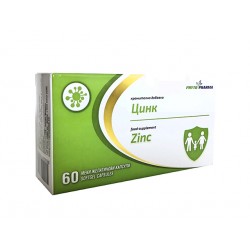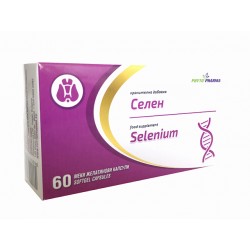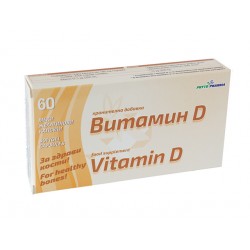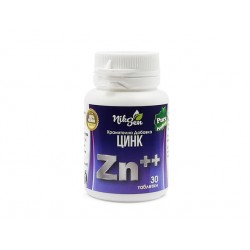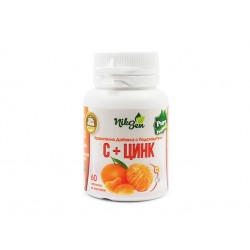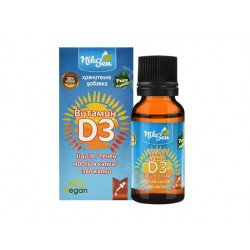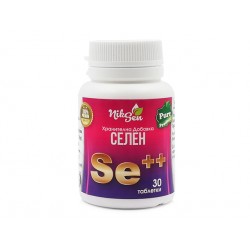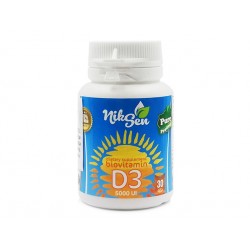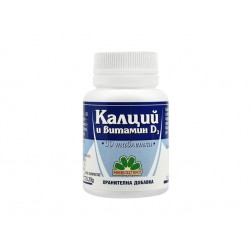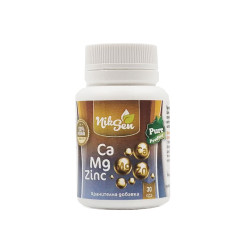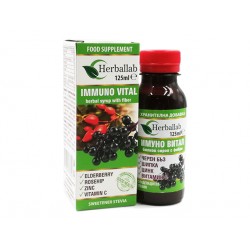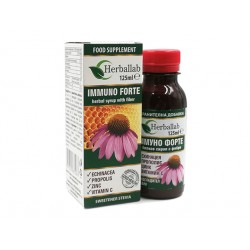Zinc, selenium and vitamin D are increasingly recommended and sought after, especially in the current difficult situation, but do we know enough about it? Do we know how to take it?
Zinc
Zinc is a metal that belongs to the group of "basic trace elements". Small amounts of zinc are necessary for human health. Zinc is necessary for the proper growth and maintenance of the human body. It occurs in several systems and biological reactions, plays a vital role in protein synthesis and helps to regulate cell generation in the immune system of the human body.
Zinc is found mostly in the strongest muscles of the body and is found in particularly high concentrations in white and red blood cells, the retina, skin, liver, kidneys, bones and pancreas. More than 300 different enzymes in the body need zinc to function normally.
Zinc contributes to the normal function of the immune system and protects cells from oxidative stress.
How to take it?
As the body does not contain zinc, it must be obtained daily through food. It is recommended that men take 11 mg of zinc per day and women 8 mg. It is also believed that pregnant women should take 11 mg daily and breastfeeding women - 12 mg.
Foods with the highest zinc content are: meat, legumes, seeds and nuts (pumpkin, sesame, cashews, almonds), dairy products.
Selenium
Selenium is a rare mineral found in the soil. It is estimated that 1 billion people on earth do not consume enough selenium. Selenium plays a key role in the human body, although humans need very little of it. It contributes to healthy immune function, DNA synthesis, reproductive health and the synthesis of thyroid hormones. Selenium is needed to maintain good health.
Selenium plays an important role in maintaining the immune system and promotes good metabolism. It is believed that if the healing mineral is combined with certain vitamins, such as A, E and C, its beneficial effect increases and it would have an even better effect on the processes in each organism. With its function as an immunostimulant, selenium is extremely useful in protecting against influenza and viruses.
How to take it?
It is believed that in a healthy body the required daily dose is 50-55 mcg for women and 70 mcg for men.
In case of selenium deficiency in the body there are negative consequences affecting the immune system.
Foods with the highest content of selenium are: wheat, corn, rice, seafood (salmon, herring, tuna, mussels, squid), eggs, meat (beef, angelica, pork, chicken, turkey).
Vitamin D
Vitamin D is indispensable because it performs numerous physiological functions. The main amounts are provided to the body from the effects of sunlight (UV rays) in the form of cholesterol found in the skin. Nutrition has a smaller contribution because foods rich in vitamin D are scarce.
About 90 percent of the useful vitamin is supplied by exposure to sunlight, even indirectly. When this is not possible, e.g. during the winter months or in people who live very high in the mountains, regular intake of vitamin D from food sources is highly recommended to achieve the same effect. It is known that pregnant women, nursing mothers, adults and children under 2 years of age, patients with gastrointestinal diseases, dialysis patients, seropositive and vegetarians, as well as people with pigmented skin suffer from its chronic deficiency.
How to take it?
According to new research, people should consume 1,000 international units (UI) of vitamin D daily. Until recently, it was thought that we needed between 200 -600 UI.
The foods with the highest content of vitamin D are: fatty fish (salmon, tuna, sardines, mackerel, etc.), as well as the fats obtained from them (eg the famous cod liver oil).




